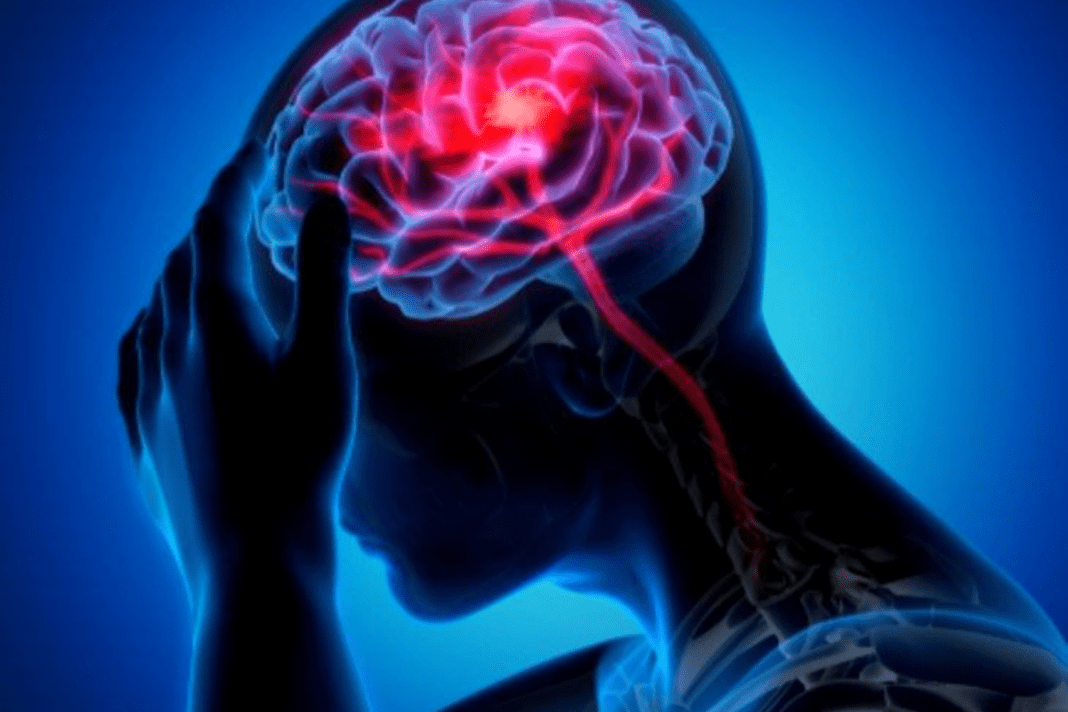What is Brain Fog?
Fog typically refers to a dense mist seen in winters, reducing visibility and increasing the risk of road accidents. This limited visibility due to fog also affects our vision, making it difficult to see nearby objects and increasing accident cases. Interestingly, a similar phenomenon can occur in our brains, known as brain fog. Unlike seasonal fog, it can affect us year-round, impairing our cognitive functions. It hampers our ability to recall information and perform daily tasks efficiently, leading to confusion and forgetfulness.
Causes of Brain Fog
Brain fog is often a symptom rather than a standalone medical condition. Several factors contribute to brain fog, primarily stemming from an unhealthy lifestyle. Common causes include:

- Lack of Sleep: Inadequate rest can severely impact cognitive functions.
- Poor Diet: Excessive consumption of sugar, junk food, and sweet beverages can impair brain health.
- Stress: Chronic stress affects brain function and memory.
- Hormonal Imbalance: Hormonal changes can disrupt brain activity and lead to cognitive issues.
Signs that you might be suffering from it
Manifests through various symptoms that can disrupt daily life. These include:
- Confusion and disorientation
- Lack of concentration
- Fatigue and lethargy
- Weak memory
- Blurred thinking
- Insomnia
- Reduced ability to work
- Slow daily routine
- Disorganized life
- Less alertness
- Shortness of breath
- Difficulty in talking
How to Deal with It
If you suspect you are experiencing brain fog, don’t panic. It’s essential to address the issue calmly and seek appropriate help. Here are steps to manage and potentially cure brain fog:
- Consult a Psychiatrist: Do not hesitate to seek help from a psychiatrist. Brain fog might require professional assessment and guidance.
- Lifestyle Changes: Simple lifestyle changes can significantly impact brain fog. Ensure adequate sleep, maintain a balanced diet, reduce sugar intake, manage stress, and stay physically active.
- Medical Tests: Your doctor might recommend initial tests such as blood pressure, diabetes, thyroid, liver function, and even a COVID-19 test. Openly discuss your symptoms and lifestyle with your doctor.
- Nutritional Check: Sometimes, brain fog can be due to a lack of essential nutrients like sodium. Ensure you discuss your diet and any supplements you are taking with your doctor.
- Imaging Tests: If necessary, the doctor may suggest an MRI or CT scan to rule out any head injuries or other conditions affecting brain function.
- Mental Health: If you experience symptoms of depression or anxiety, it’s crucial to discuss these with your doctor as they can contribute to brain fog.





